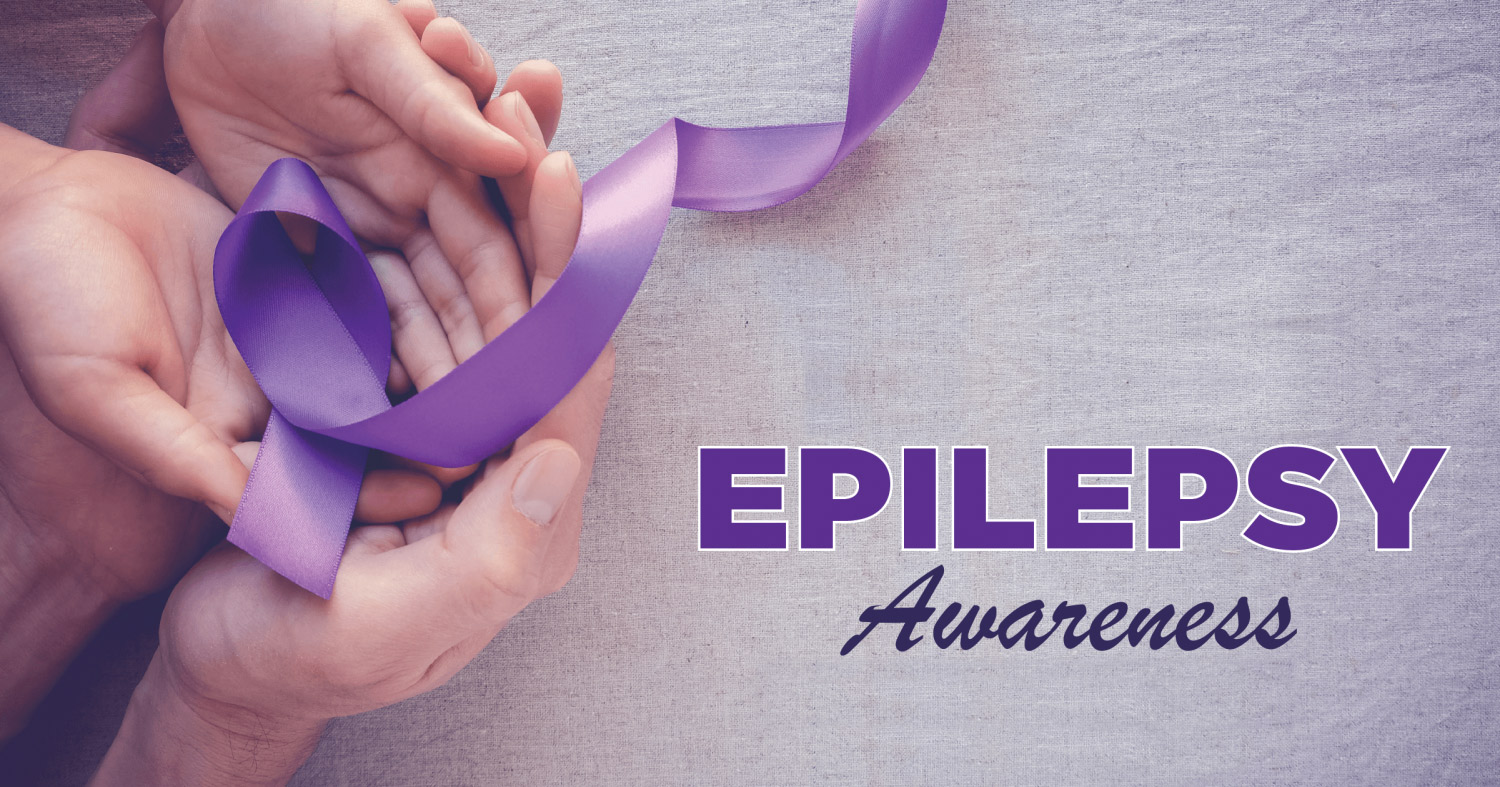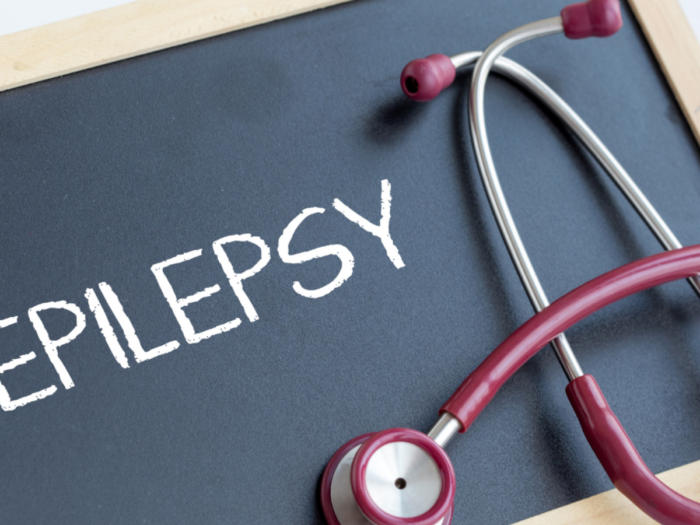
Amongst the number of diseases that have affected the normal life of many people around the world, epilepsy is one. Epilepsy, which is a form of seizure is an extremely debilitating condition that can destroy the quality of one’s life, as though it seems that a person with epilepsy is leading a normal life, it could be fatal because of its sudden seizures.
The Purple Day
According to the statistics of WHO (World Health Organization), it is estimated that more than 50 million people around the globe live with conditions of epilepsy. While it is not contagious, many times, its causes cannot be known. Injuries or diseases like stroke or some serious infections are also possible reasons for epileptic seizures.
Every year on the 26th of March Epilepsy Awareness Day, also known as the “Purple Day” (as people are encouraged to wear purple) is observed worldwide to show concern and raise awareness of Epilepsy. The conditions of epilepsy can be briefly described as a disorder of the nervous system that causes sudden unconsciousness, often with violent movements.
A neurologist can further explain the nature, causes, and treatment of epilepsy. While Epilepsy can affect anyone regardless of age, gender, or background, certain factors such as genetics, brain injuries, infections, or developmental disorders may increase the risk.
Diet and its positive effects on epilepsy
While medications and other therapies have always been used as the first line of defense against epileptic attacks, it is believed that diet and nutrition play a pivotal role in the treatment and cure of the disease.
How it helps:
- A balanced and nutritious diet helps keep the energy levels steady.
- It helps in keeping good and regular sleep, thereby keeping active. It has been seen that getting good sleep helps against epilepsy.
- With a balanced diet, you feel more positive and have a better focus on life to make controlled decisions and manage epilepsy.
Some foods that help during epilepsy
Epilepsy as discussed earlier is a nervous disorder, a condition where the electrical signals of the brain trigger seizures. The nature of these seizures varies from person to person from total blankness for a few seconds to full convulsions.
Here are certain food groups that have proven to be a great support in improving the conditions of epilepsy:
- Fruits and vegetables: provide the body with rich quantities of nutrients and antioxidants, thereby, supporting its immunity. Studies have shown that there is a direct connection between deficiencies in antioxidants and epileptic seizures. A variety of colourful vegetables and fruits like spinach, kale, broccoli, tomatoes, Brussels sprouts, cherries, berries, and citrus fruits should be included in the diet regularly. In case you are on a Ketogenic Diet (recommended for epileptic people), then go for non-starchy vegetables like leafy greens, beans, broccoli, and bell peppers as these are also low in carbohydrate content.
- Meats and seafood: are rich sources of proteins and minerals that highly support our immunity like zinc, and naturally have no carbs. One of the most commonly used dietary treatments recommended against epilepsy is the ketogenic diet, which is high in protein, fats, and limited amounts of carbohydrates. Without ample glucose which the body derives from carbs, it relies on the stored body fat for its energy requirements. High sources of proteins include lean meats, poultry, seafood, and fish.
- Oil and butter: are fats, that help absorb fat-soluble nutrients that aid brain functioning. A modified ketogenic diet that recommends fats as its vital component. This diet also encourages fluid intake, unlike the normal keto diet which significantly helps in improving epileptic symptoms. Butter and sources of plant-based oils are olive and canola oils, which promote cardiovascular health and are highly encouraged.
Some common foods may pose problems for individuals with epilepsy. Excessive alcohol consumption can lower the seizure threshold and interfere with medication effectiveness. Caffeine, found in coffee, tea, energy drinks, and some medications, may trigger seizures in sensitive individuals.
Processed foods high in refined sugars, artificial additives, and preservatives might disrupt blood sugar levels and contribute to seizure activity. High glycemic index foods can also trigger seizures. Gluten sensitivity can lead to inflammation and potentially trigger seizures. Some individuals report sensitivity to dairy products, particularly those containing the A1 protein found in cow’s milk.
Artificial sweeteners in diet sodas, sugar-free candies, and processed foods might also be problematic. Monosodium glutamate (MSG), commonly found in processed foods and restaurant meals, may trigger seizures. Specific food additives like tartrazine (yellow dye #5) and sodium benzoate have been reported to trigger seizures in some people.
While a ketogenic diet high in fats has been therapeutic for some with epilepsy, high-fat meals can trigger seizures in others. It’s essential to keep a detailed record of diet and seizure activity to accurately identify personal triggers, as they can vary greatly between individuals.
A summary of dietary advantages in epilepsy over medication:
- It has proven to be more effective than medications.
- Compliances with diets have been more than in cases of medicines.
- Discontinuation of a specific diet shows that the benefits still prevail.
- It is safer to discontinue a diet and relatively easier than medication.
No one can promise 100% assurance or cure and prevention with diet against epilepsy, but for sure there is a promise of great hope for patients with epilepsy and its conditions with good, proper, and nutritious foods.
